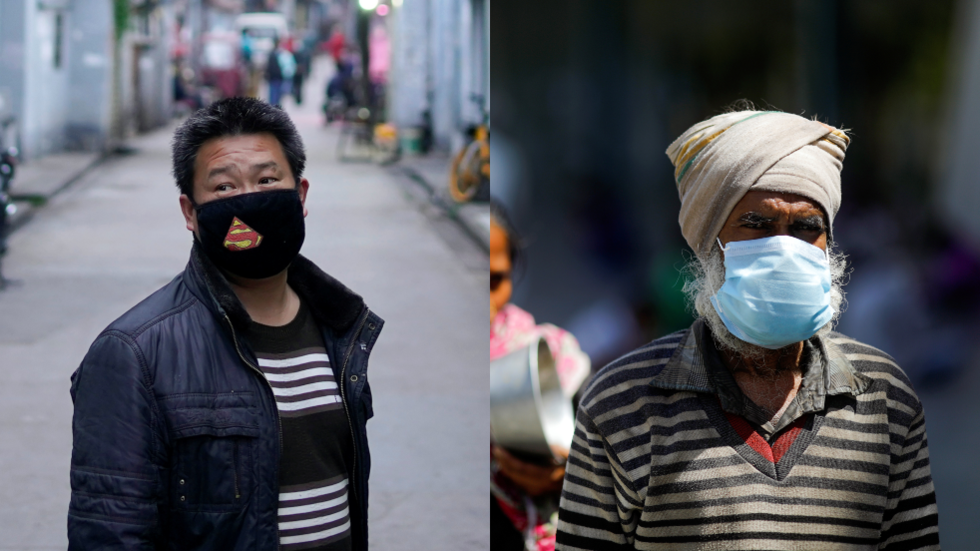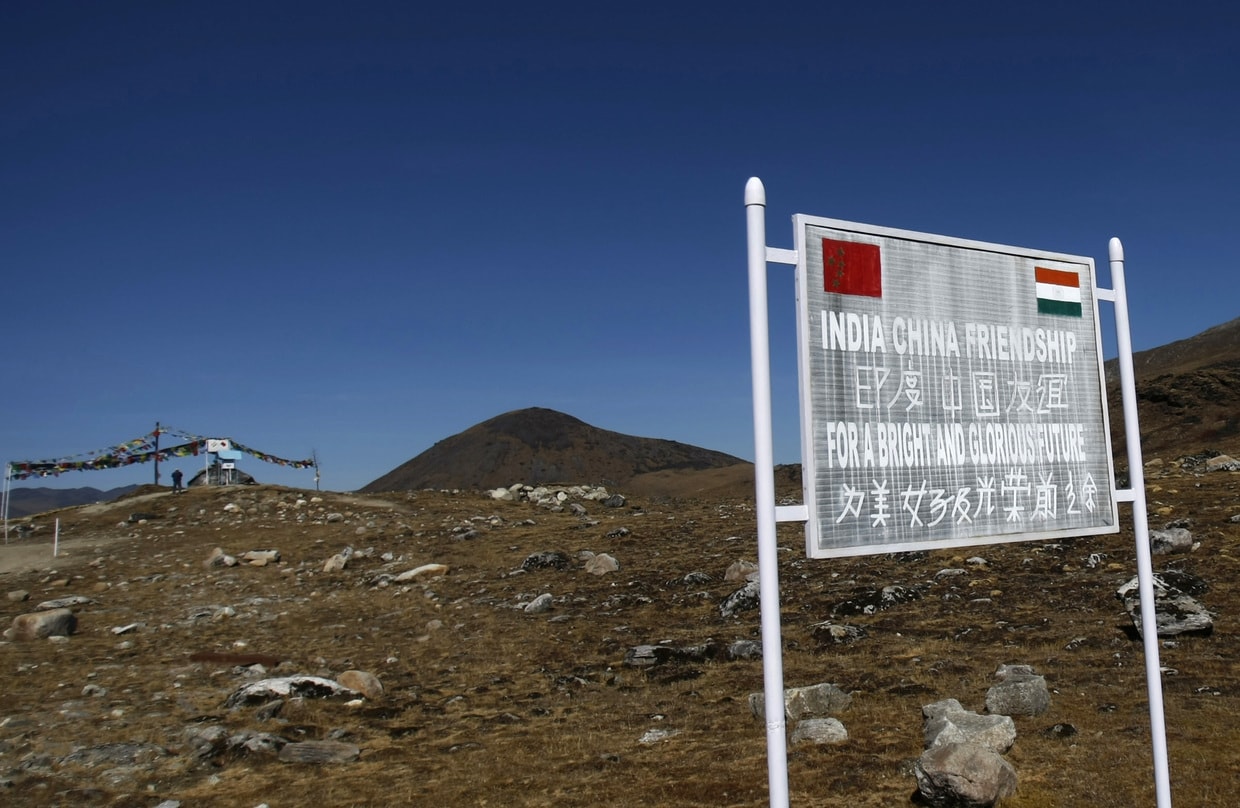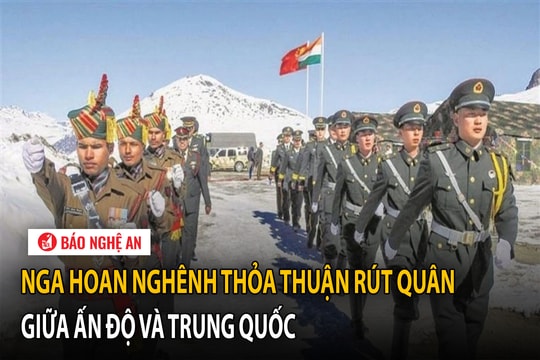Putting aside old grudges, China and India join hands to prepare for the post-Covid-19 world?
(Baonghean.vn) - In the context of the Covid-19 pandemic that is expected to dramatically reshape the world order, there are signs that China is likely to see India as its best future ally. Can both countries take advantage of the current gloomy period to smooth over their sometimes rocky relationship?
 |
| Chinese and Indian people wear masks to prevent the spread of the Corona virus. Photo: Reuters |
As India and China marked the 70th anniversary of formal diplomatic relations this month, the usual political formalities were exchanged. Chinese President Xi Jinping congratulated Indian President Ram Nath Kovind on the “extraordinary development” their countries have made since India became the first non-socialist country to recognize Mao Zedong’s China in 1950.
Anger in the West
The warmth and cordiality, coming just weeks after US President Donald Trump publicly criticized China during his highly successful visit to India, may have seemed unusual to some. But if you look behind the diplomatic pleasantries, Xi’s reference to “a new starting point” could potentially imply a post-Covid-19 plan for the “farsighted” government in Beijing.
The coronavirus has infected more than 1.4 million people worldwide and killed more than 82,000. China has been widely blamed for initially downplaying the threat and for failing to comply with the 2005 International Health Regulations and inform the world about the outbreak. Lawyers and activists have sued China in US courts, with one conservative lawyer in Texas seeking $20 trillion in damages.
While the Texas lawsuit may only succeed in grabbing headlines, the post-Covid-19 world order is likely to see China isolated by the West. Rumors emanating from Downing Street in London, for example, suggest that Prime Minister Boris Johnson’s administration may treat China as a “pariah state” once the pandemic subsides.
On top of that, President Trump’s public statements calling Covid-19 the “Chinese virus” have angered Beijing. Chinese diplomats have since led a worldwide campaign to persuade many governments not to use the phrase “Chinese virus.”
New Delhi has adopted a more balanced approach to the pandemic challenge and has sought to collaborate with China. In a phone call last month, Chinese Foreign Minister Wang Yi told New Delhi that “China is willing to share experience, provide assistance within its capacity and open up trade channels with India.” Indeed, India was among the first countries to receive essential medical supplies from China, including protective gear, masks and ventilators.
 |
| A signboard at the India-China border area in Bumla, Arunachal Pradesh state, India. Photo: Reuters |
A complicated relationship
The developments contrast sharply with a history of disagreement between the two countries. China claims a territory roughly the size of Switzerland in Kashmir, which India also claims. A border dispute in the Himalayas erupted into war in 1962, and skirmishes along the border have raged for decades since.
More recently, in 2017, the armed forces of India and China faced off for 75 days in the Doklam crisis.
However, bilateral relations have since stabilized, with two successful informal summits held between Xi Jinping and Indian Prime Minister Narendra Modi in Wuhan and Mamallapuram in 2018 and 2019, where both sides chose to put aside contentious issues and instead focus on increasing bilateral trade and promoting economic cooperation.
Yet China’s rivalry with India on the international stage continues. For example, New Delhi’s efforts to gain Chinese support for joining the Nuclear Suppliers Group (NSG) and to arrest Pakistani jihadist Masood Azhar, designated a terrorist by the United Nations, have not been well received by Beijing. In addition, China has called New Delhi’s decision last year to revoke Kashmir’s autonomy “unacceptable” and has publicly backed Pakistan in the dispute.
Post-Covid-19 world order
That may be changing now, though. Just last week, in a marked departure from its previous stance, China, as president of the UN Security Council, ignored a request from Pakistan to “urgently examine” what it called “serious developments in Jammu and Kashmir” caused by the Indian government. For keen observers, China’s inaction was telling, and signaled that past disagreements would not stand in the way of restoring bilateral relations.
Of course, Beijing is looking to the future from its own perspective. Industrial output in the country has fallen 21% and economists expect China’s growth rate this quarter to be cut in half. Growth in the world’s second-largest economy has been stalled for more than a year, but the shock of Covid-19 could leave Beijing looking for allies moving forward.
The ongoing pandemic is expected to have a major impact, and the post-Covid-19 world will wake up to the prospect of divided allies and an economically weakened EU and US. In fact, all major economies except India and China are forecast to enter a deep recession.
For China, which is now facing hostility from the West, resetting relations with India may be the most beneficial option in the post-Covid-19 world order.


